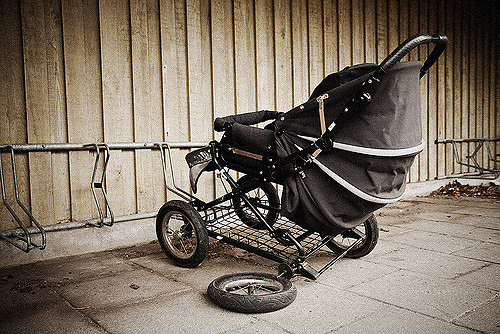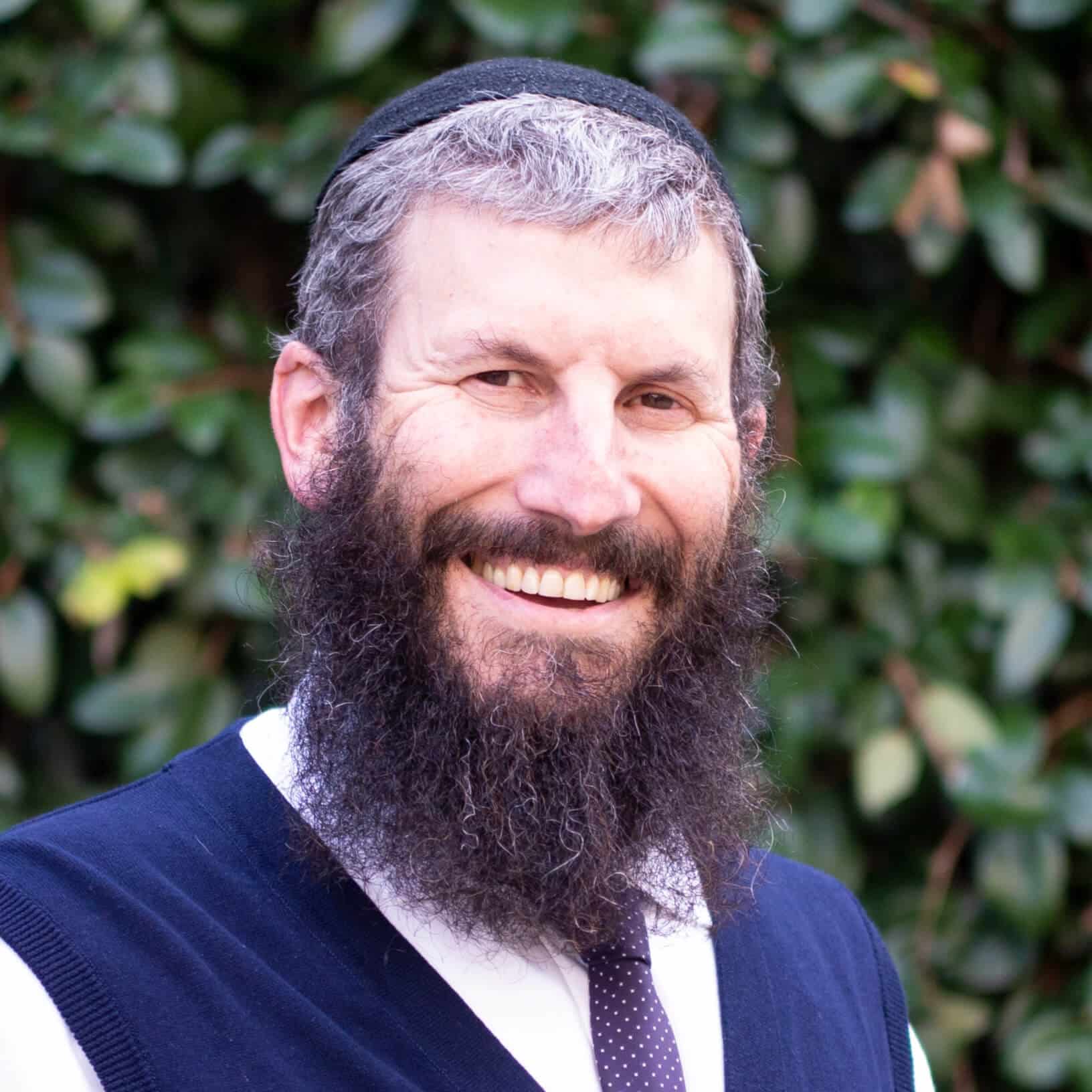
We don’t always appreciate how easy it is to go from “everyone’s ok, life is great” to “Oh Gd what are we going to do?!”
When I first spoke with Debrah over the phone (not her real name), she sounded like someone who had hit a rough time, but had hope that her situation would soon change course and she wouldn’t become homeless. Even though she and the children only had a bag of stale bagels and rice to eat. After a week I realized we have only a short time to keep her from becoming another homeless statistic.
Debrah was raised in Europe by Israeli parents. She completed a college degree in England, and then came to America. She was single, finding her way in the world and had a few good jobs. Her first husband left her – and the country – with two small kids and a determination to turn her life around. She found solace and strength in Judaism. She began attending synagogue, observing Shabbat, and keeping a kosher home. Although she had grown up with almost no observance at home, she felt at home in Jewish life.
She was determined to get remarried and build a bigger Jewish home. And so imagine her joy when she met an Israeli man who promised to be a devoted and loving husband and raise her two children as his own. She moved to Florida and began a new life there. She enrolled her children in Jewish Day School with the help of scholarships, and was soon pregnant with her third child.
Sadly even after two giving birth to two lovely children, he showed her continuous disrespect and abuse. He hit her, yelled at her and insulted her. When she complained it only got worse. She was resolved that maybe this was her future, and she should accept it.
No one plans on becoming homeless, its what happens when everything else falls apart
For Debrah’s husband, America was not turning out to be a great place to make a living. He couldn’t find a good job and was now driving ride-share. He began to spend more and more hours in the car – maybe to earn a living or maybe to escape the growingly difficult situation at home.
Those who have never been in this situation might think that it’s easy to leave an abusive and neglectful spouse. It’s actually very challenging. Add to a bad marriage having four children, two under the age of 2, and it makes the option of leaving even more difficult. There is a also deep shame, and hope that things will improve. And the once strong Jewish community bonds and connections — which could provide support at this juncture — are not there.
There is also a strong fear about what will happen if they leave. Where will they go? How will she be able to work and raise the kids on her own?
That fear, shame, disconnectedness and the loss of an ability to advocate for herself after being so defeated, creates a powerful prison of the mind. More often than not, women in this situation don’t find or get the help they need before the situation gets even worse.
Domestic violence is both a cause and symptom of homeless families
Nationwide, there is a strong correlation between domestic violence and abuse to becoming homeless. According to the National Network to End Domestic Violence, the interrelated nature of domestic violence and homelessness is undeniable: 92% of homeless women have experiences severe physical or sexual abuse at some point in their lives, and 63% have been victims of intimate partner violence as adults.
Debrah’s life continued to spiral out of control. Her husband stopped coming home at night and overdrew the bank account. She called his rabbi, but he was unsympathetic blaming the marital strife on her. (Rabbis too are fallible.) She reported that he said, if she would only complain less, maybe he wouldn’t have left the house?
Debrah started to run out of food, diapers, and wipes. She could not get her kids to the Jewish day school because she had no car, no credit card and no credit left on Lyft. If you live in the vast sprawl of Southern Florida suburbs you cannot get anywhere without a car. They don’t even have sidewalks.
Nationwide, family homelessness is growing. According to The Bassuk Center on Homeless and Vulnerable Children & Youth the typical homeless family is comprised of a single mother with her two young children. Of these women, a staggering 88% experienced Domestic violence. Deborah is waiting to be another statistic unless we act soon.
We may not be able to fix everything that is broken, but that doesn’t meant that we fix nothing.
Deborah got an eviction notice yesterday. If she doesn’t find the way to fight the eviction, her next stop will be to try to live in a motel. She is afraid of asking some agencies for help because she was told that they will take her children away. In order to access the few resources there are, women have to trust that the system will protect them and their family. Fear and experience push her away from getting the help she needs.
A family lawyer that we arranged for her to speak with pro-bono advised her not to divorce because she could end up having to pay palimony. The lawyer explained that Debrah’s level of education and license to practice real estate mean to the court a higher potential for income. She was advised not to divorce him. Or as she told me, “sleep with the Devil until I get get out on my own.”
This is just one story. A Jewish family that is at the tipping point with no health insurance, not enough income, too few options for financial and emotional support.
When we encounter these tragedies in the making, we cannot harden our hearts and judge them. We must respond with kindness, support and Tzedakah.
It really can happen to anyone.
If you would like to be part of helping Deborah and her children, I have created a campaign to help her pay rent, electricity, water, buy basic food staples, diapers, and Lyft credits, she needs to buy the children some clothing and a new stroller.
We may not be able to fix everything that is broken, but that doesn’t meant that we fix nothing.
_______________________
To learn more about family homelessness, this was a helpful resource page.





















 More news and opinions than at a Shabbat dinner, right in your inbox.
More news and opinions than at a Shabbat dinner, right in your inbox.